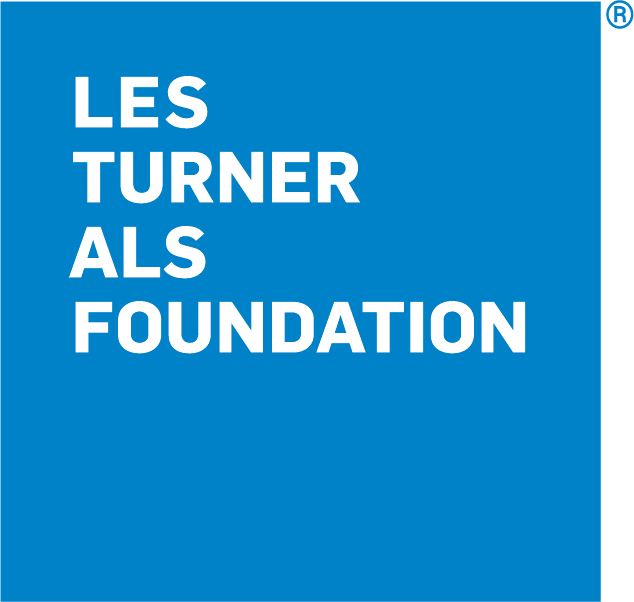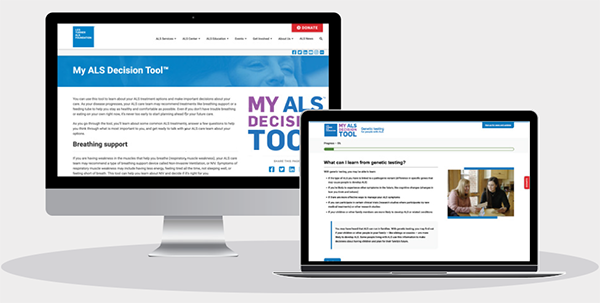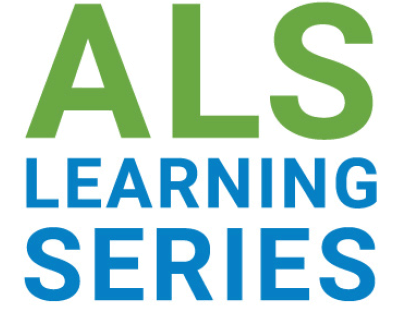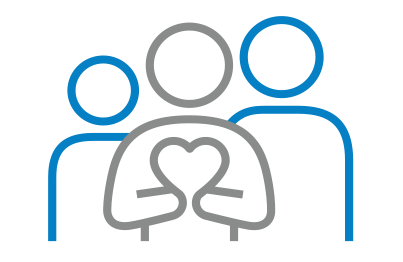ALS & Genetic Counseling and Testing for Family Members

ALS & genetics for family members
If you have a family history of ALS or a related neurologic condition — like FTD (frontotemporal degeneration), dementia, or Parkinson’s disease or a mental health condition like schizophrenia or bipolar disorder — you may have questions like:
- Am I at higher risk of developing this condition because of my family history?
- Could my children/future children have a higher risk of developing this condition?
Genetic counseling can help you find answers. After meeting with a genetic counselor, you can decide if you want genetic testing, also known as, predictive genetic testing. Through predictive genetic testing you can learn detailed information about your risk of developing ALS or related conditions in the future.

The My ALS Decision Tool™, a first-of-its-kind in the US, online, interactive guide, can walk you through genetic counseling, the predictive genetic testing process, the benefits and downsides of predictive genetic testing, and help you make an informed decision. It was developed in collaboration with people living with ALS, caregivers, advocates, researchers, and an international group of genetic counselors from Northwestern Medicine, The Ohio State University Wexner Medical Center, Penn Medicine, and Macquarie University in New South Wales, Australia.
lesturnerals.org/predictive/als-genetic-counseling-testing-family-members
What is a genetic counselor?
A genetic counselor is a health care provider who specializes in medical genetics and how genes affect our health. Genetic counseling is an essential first step in the predictive genetic testing process, and meeting with a genetic counselor does NOT mean you need to undergo testing. A genetic counselor can help you understand how your genes and family medical history may affect your health in the future.
A genetic counselor can:






To learn more about genetic counseling and predictive genetic testing for people at risk of developing ALS and other conditions, watch this webinar from our ALS Learning Series by Laynie Dratch, MsC, CGC, genetic counselor at the Penn ALS and FTD clinics.
alslearningseries.org


If you’re looking to find a genetic counselor who specializes in ALS and other related conditions in your area, you can ask for a referral from an ALS Care Center, talk to your family’s ALS Care Team, or contact The National Society of Genetic Counselors.
aboutgeneticcounselors.com
How can I prepare for meeting with a genetic counselor?



Have you talked to a doctor about your risk of developing ALS or a related condition? If so, bring your notes from the doctor’s appointment or have your medical records sent to the genetic counselor’s office.
You can also ask a support person (like a partner, family member, or close friend) to come with you for your genetic counseling appointment.

GINA
If you live in the United States, it’s a good idea to learn about your rights under the Genetic Information Nondiscrimination Act (GINA) before you see a genetic counselor. GINA is a law that makes it illegal for health insurance companies and employers to request your genetic information, make decisions using your genetic information, or discriminate against you based on genetic information. This includes your genetic risk for ALS or related conditions. In general, that means:
- Health insurance companies can’t refuse to give you insurance coverage or charge you more money based on your genetic information.
- Employers can’t fire you, reject your job application, or pay you less based on your genetic information.
However, it’s possible that you could experience genetic discrimination in other ways. Keep in mind:
- Life insurance, long-term care insurance, and disability insurance companies can deny your application for coverage based on genetic information in your medical records (including your genetic counselor’s notes). If you’re interested in applying for these types of insurance, you may want to do so before meeting with a genetic counselor.
- GINA doesn’t apply to the Indian HealthService, the military, or companies with fewer than 15 employees, meaning you don't have legal protection from genetic discrimination under GINA if these situations apply to you. Depending on where you live, your state may offer additional legal protection.
To learn more about your legal rights under GINA, visit GINAHelp.org.
What can I learn from genetic testing?




To learn more about ALS and family planning view this webinar from our ALS Learning Series. Lisa Kinsley, MS, CGC, genetic counselor at Lois Insolia ALS Clinic at the Les Turner ALS Center at Northwestern Medicine, explains genetic testing and reviews family planning options for those who are interested in reducing the risk of passing on a genetic condition.
Emotions associated with genetic counseling and predictive genetic testing



Tips for communicating with your family





How much does genetic testing cost?
Additional Resources
End the Legacy
A patient-led organization dedicated to the needs and interests of the Genetic ALS & FTD community
www.endthelegacy.org
Light the Way
Light the Way provides individuals and families with access to genetic education, peer support, genetic counseling, and guidance on next steps including peer support, trials, therapies, family planning.
sanogenetics.com/light-the-way
The Association for Frontotemporal Degeneration
Their mission is to improve the quality of life of people affected by FTD and drive research to a cure.
www.theaftd.org
ALS TDI Trial Navigator
Provides a resource to search for clinical research that is currently enrolling people that have a known genetic connection to ALS and are not symptomatic along with people that do not know their genetic status.
www.als.net/als-trial-navigator
Learn more
ALS Learning Series
Support Groups
Sign up for News and Updates
Get helpful resources and updates from the Les Turner ALS Foundation delivered straight to your inbox. You’ll receive information on additional decision tools to help you understand your treatment options and make the decision that's right for you, plus information on upcoming events, ALS research, clinical trials, and more.
